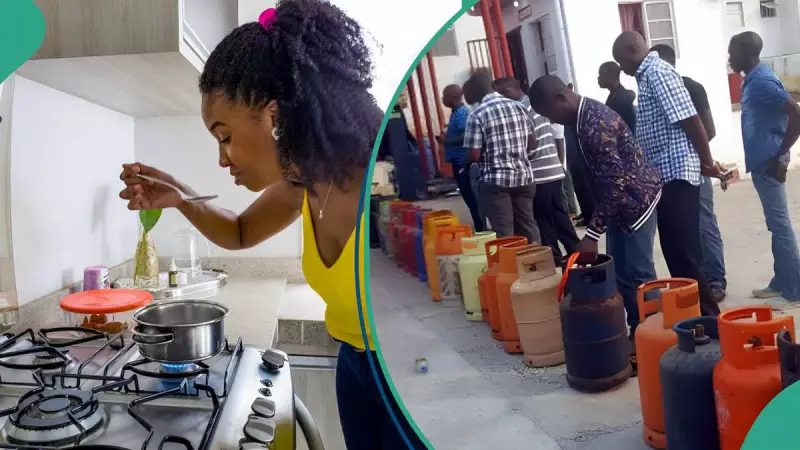
Nigerian households are bracing for tougher times as cooking gas prices experience a significant surge across the country. The latest market developments have left many families concerned about their household budgets, with dealers implementing new rates that reflect the ongoing challenges in the energy sector.
Current Market Rates Revealed
According to industry insiders, the price for a 12.5kg cooking gas cylinder now ranges between ₦18,000 and ₦20,000, depending on your location and the dealer. The more portable 6kg cylinder is selling for ₦9,500 to ₦10,500, while the compact 5kg option costs between ₦8,000 and ₦8,500.
What's Driving the Price Increase?
Several factors are contributing to this alarming price trend:
- Foreign Exchange Challenges: The persistent volatility in foreign exchange rates continues to impact import costs
- Logistical Expenses: Rising transportation and distribution costs are adding pressure to final consumer prices
- International Market Influences: Global energy market fluctuations are affecting local pricing structures
- Supply Chain Issues: Bottlenecks in the supply chain are creating artificial scarcity in some regions
Impact on Nigerian Families
The price hike comes at a particularly difficult time for many Nigerian households already grappling with rising inflation. Families who rely on cooking gas for their daily meals are now forced to make difficult choices about their energy consumption.
Market analysts suggest that the situation might persist in the coming months unless there's significant intervention or improvement in the underlying economic factors driving these increases.
Regional Variations in Pricing
While the price increases are nationwide, some regions are experiencing more severe impacts than others. Urban centers like Lagos and Abuja typically see higher prices due to increased operational costs, while rural areas face challenges related to availability and accessibility.
Consumers are advised to compare prices from different certified dealers and ensure they're purchasing from reputable sources to avoid substandard products.





